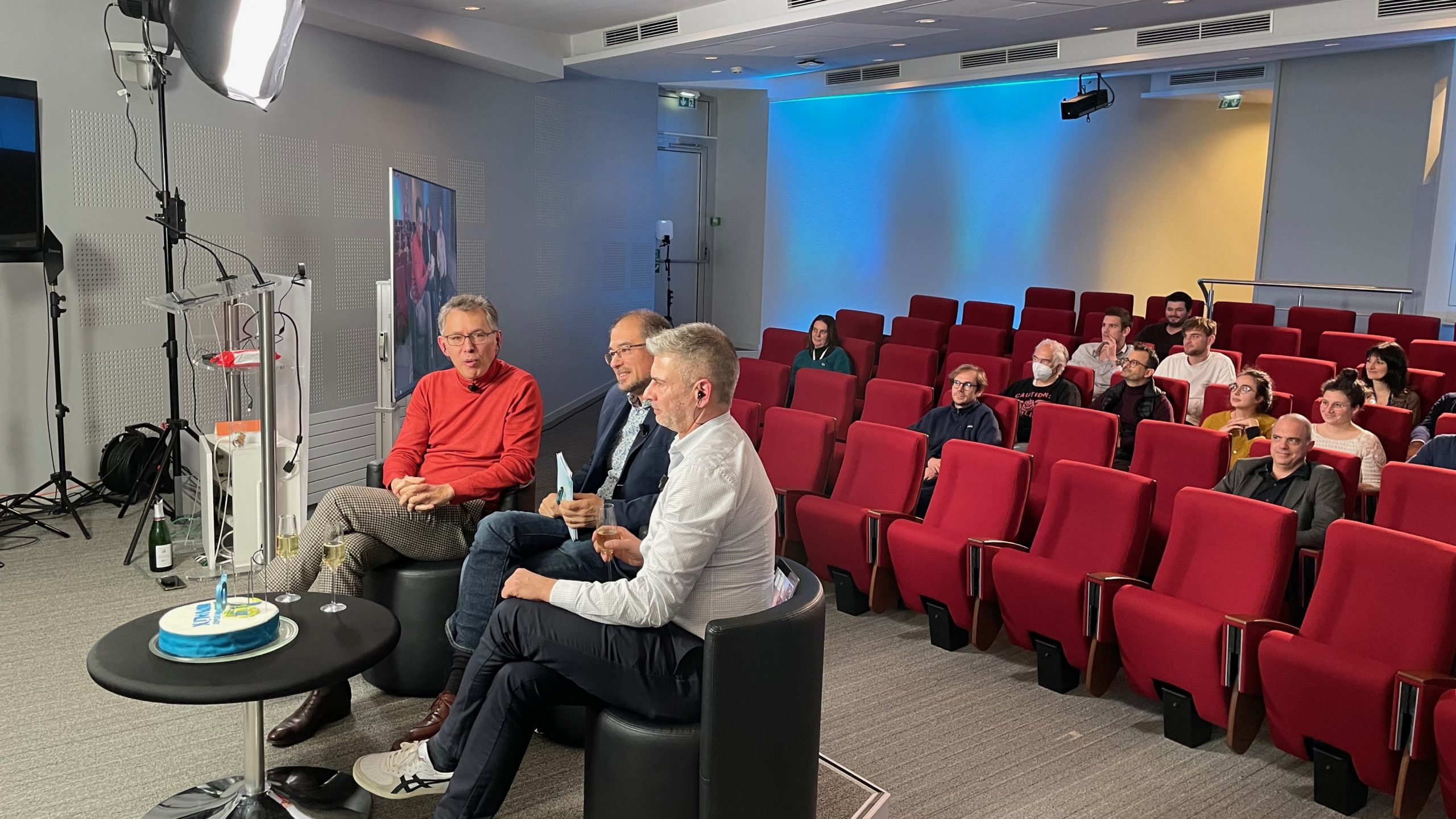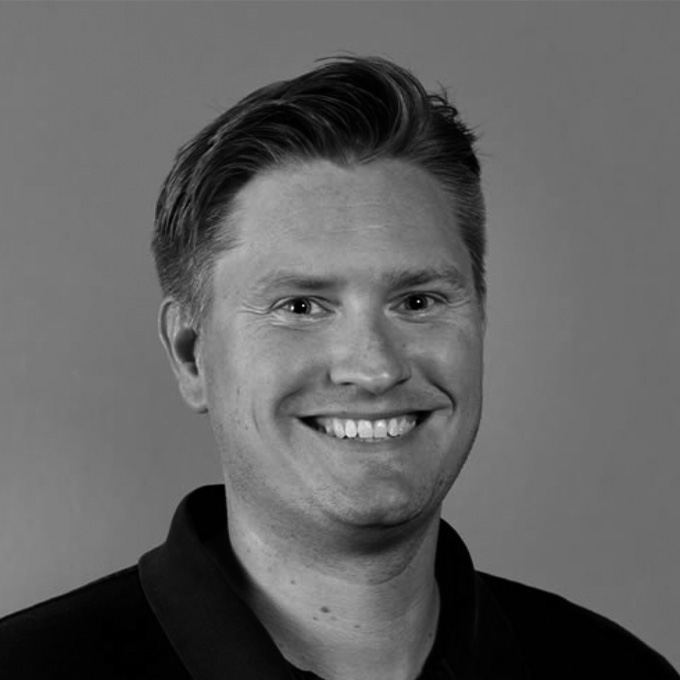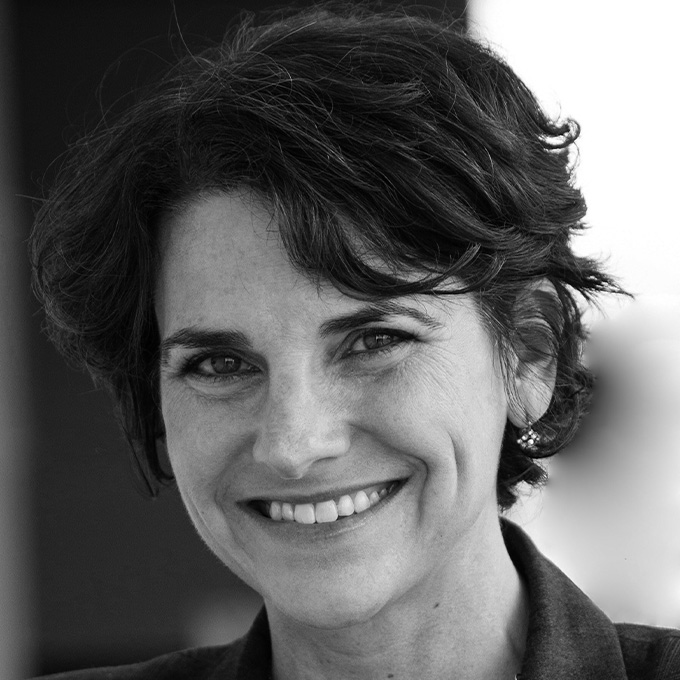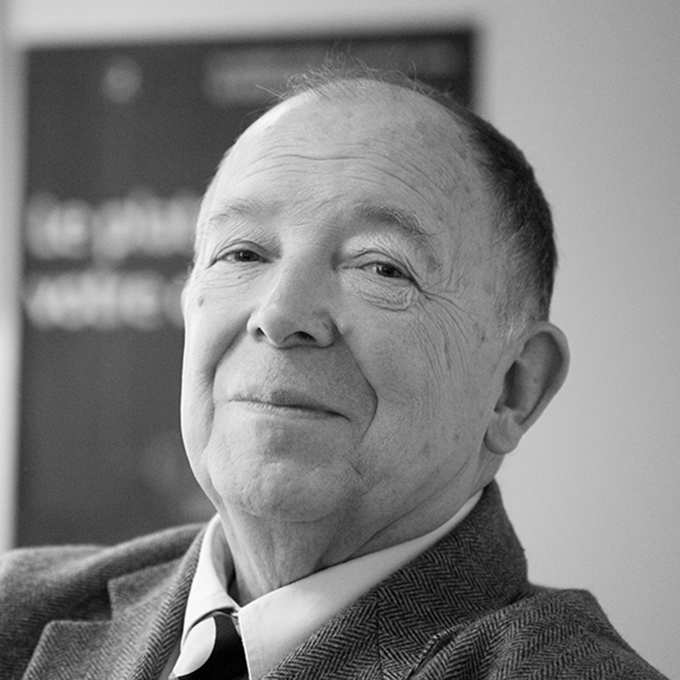10th NovAliX Conference
Reinventing Drug Discovery from Retrospective to Perspectives
We are glad to announce that the 10th NovAliX Conference – Anniversary Edition, a drug discovery conference scheduled in Brunnen, Switzerland, from June 2-4, 2024.
For this 10th anniversary edition, we thought of a different approach, to step back and focus the programme on “Reinventing Drug Discovery, from Retrospective to Perspectives“.
We aim to address the major developments of the last thirty years that affected the discovery sector, not only at the scientific level, but also in terms of industrial organisation of the drug discovery part and its financing, of the academia-industry relationships, and more.
This drug discovery conference divides its program into five Sessions:
- Unmet Therapeutic Needs: Current Challenges
- New Modalities as New Frontiers of Drug Discovery
- Present and Future Tools for Drug Discovery
- Vision for the Future of Drug Discovery
- Financial Perspectives on the Future of the Industry
and will showcase lectures by renown scientists from pharmaceutical research in its broadest sense. Additionally, we will discuss with representatives from the financial community about their vision of our industry and its future.
In this optic, we are honored to mention that, for the session on Vision for the Future of Drug Discovery, the following speakers kindly accepted our invitation to share their thoughts with the audience:
- Claude BERTRAND, Institut Servier
- Karin BRINER, Genentech
- Harren JHOTI, Astex Pharmaceuticals
- Paul STOFFELS, Galapagos
Therefore, this Anniversary edition should, as such, gather scientists but also entrepreneurs, financiers, industrialists and consultants operating in the pharma sector, to interact in an informal and friendly atmosphere.
Looking forward to see you at this drug discovery meeting in Brunnen!
The NovAliX Conferences are organized by LD Organisation.
Click on the “More information and registrations” button below to learn about the coming 10th edition of the “NovAliX Conference”: Registration, speakers, topics, etc.











































